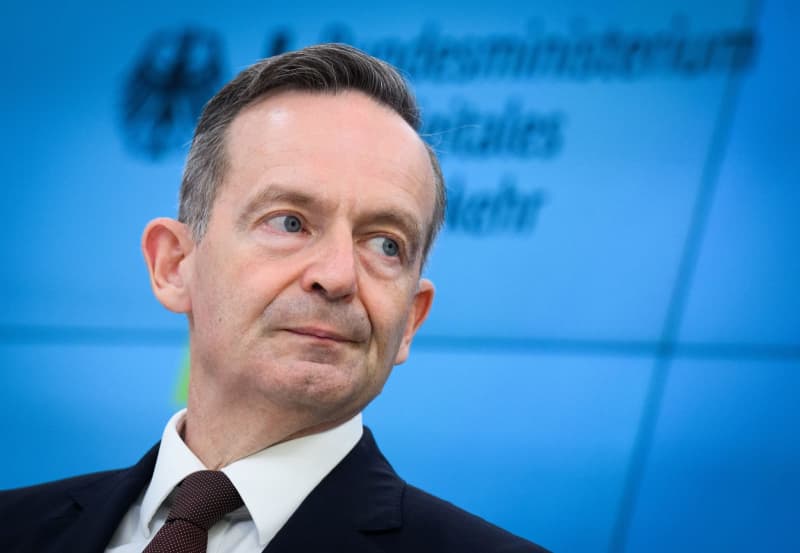German state railway Deutsche Bahn must consider a broad restructuring to tackle chronic delays in passenger services and limit financial losses, Germany’s transport minister demanded on Tuesday.
Urgent changes are needed to improve punctuality “in the short term” and to make better use of the available tracks and trains, said Volker Wissing. He demanded a plan for continuous improvement at Deutsche Bahn until 2027.
Deutsche Bahn is also facing significant financial problems, with divisions such as freight and long-distance passenger services in the red. In the first half of the year alone, Deutsche Bahn reported a loss of €1.2 billion ($1.3 billion) and has debts of around €33 billion.
Problems at Deutsche Bahn have become something of a national embarrassment for Germany, a country that once prided itself on a reputation for punctuality, efficiency and high-quality infrastructure. In July, only 62% of Deutsche Bahn’s long-distance trains arrived on time.
The railway company has announced plans for major renovation projects on tracks across the country, saying that the ageing infrastructure is the cause of a number of operational problems.
The first major corridor projects have already started: the busy Riedbahn, a railway line between Frankfurt and Mannheim, was closed from July to mid-December due to work.
But in the meantime, extensive construction work and track closures are exacerbating serious problems that already exist, such as delays and cancellations.
Wissing said Tuesday that the railways were in poor condition when he took office in 2021 and that the country’s rail infrastructure was in a deplorable state.
Deutsche Bahn has already started a cost-cutting program that will cut around 30,000 jobs in the coming years outside the rail sector. There too, the workforce is expected to be reduced in the medium term.
“The first half of the year has once again mercilessly exposed the weaknesses of Germany’s rail system and our own problems,” the company said on Tuesday.
Deutsche Bahn also confirmed that it is working on a restructuring plan for the next three years that will meet Wissing’s demands. According to a spokeswoman, this plan will be presented to the railway company’s supervisory board in September.
The programme should prepare Deutsche Bahn to “return to the growth path of our ‘Strong Railways’ strategy by 2027 and implement the transport policy objectives agreed with the government”, she said.
These goals include doubling the number of passengers by 2030 compared to 2015 and transporting around 25% of all freight transport in Germany by rail.
Other observers reacted skeptically to Wissing’s remarks on Tuesday. Matthias Gastel of the Green Party said his demands were a “combination of obviousness, populism, contradictions and vague formulations.”
Gastel said MPs have been waiting a long time for Wissing’s ministry to finally deliver on its promises on the railways.
Lena Donat, a transport expert at Greenpeace, said the railway company needs to make internal improvements, “but in the long term the service will only improve with secure long-term financing.”
She said Germany should follow Switzerland’s example and set up a long-term fund for railways.

